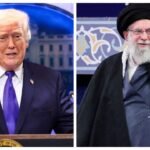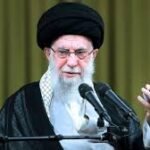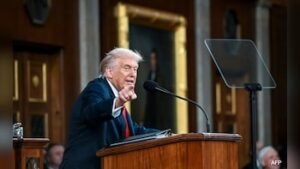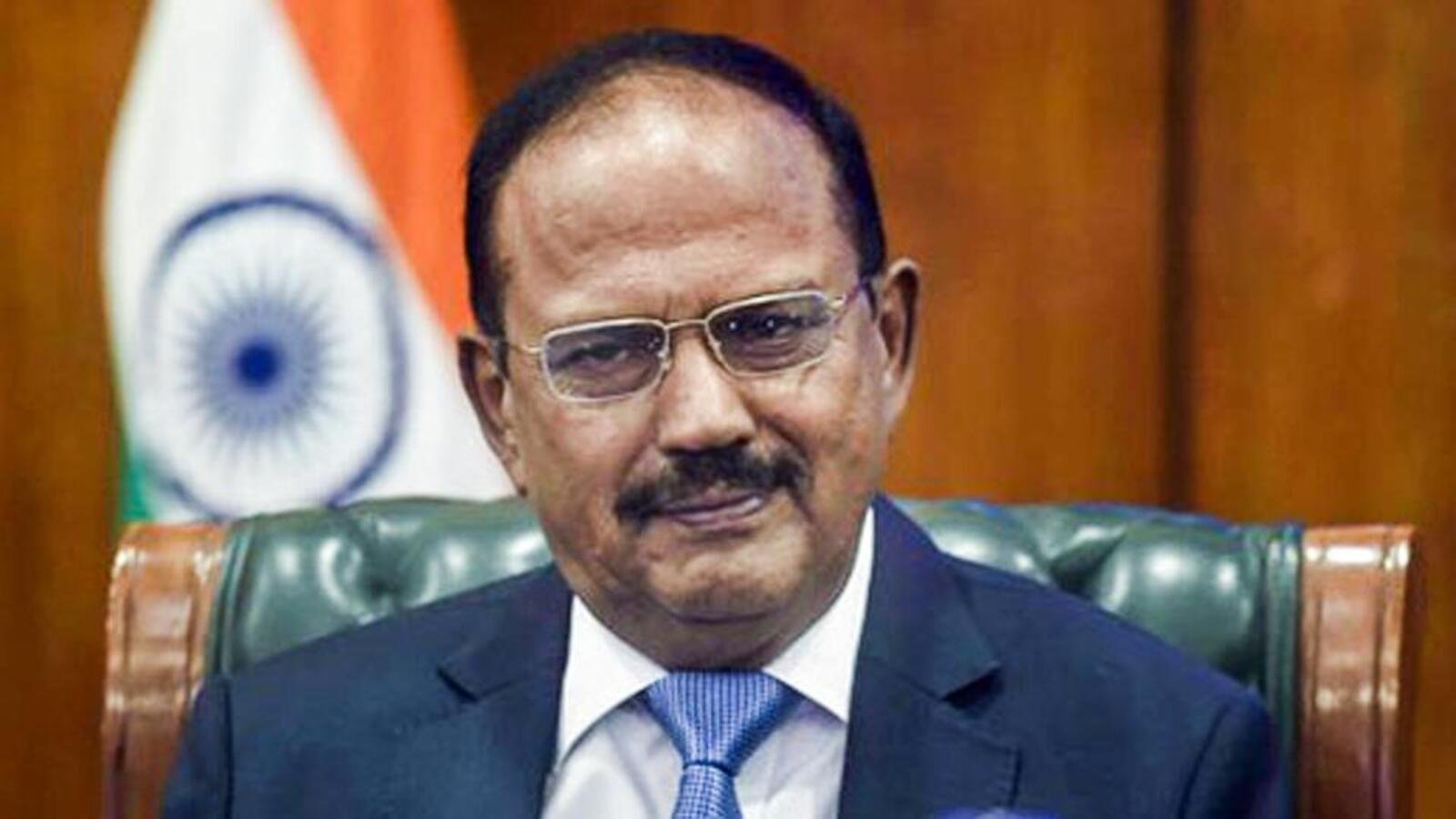National Security Adviser Ajit Doval on Tuesday emphasised the need to abandon double standards in combating terrorism and urged members of the Shanghai Cooperation Organisation (SCO) to hold accountable perpetrators and sponsors of cross-border terror, an apparent swipe at Pakistan.
NSA Doval made the remarks while addressing a meeting of the SCO Security Council Secretaries in Beijing, which was also attended by Pakistan’s NSA, Inter-Services Intelligence agency chief Lt Gen Asim Malik.
He had also raised the issue of countering all forms of terrorism at a meeting with Chinese foreign minister Wang Yi on Monday.
During the meeting of senior security officials of SCO member states, Doval conveyed India’s deep concern at the continued threat from terror groups sanctioned by the UN Security Council, including Lashkar-e-Taiba (LeT), Jaish-e-Mohammed (JeM), al-Qaeda and Islamic State and their affiliates, and highlighted the need to shun “double standards” in the fight against terror.
Any act of terrorism, including cross-border terror, is a “crime against humanity”, Doval said, as he urged SCO member states to hold accountable the perpetrators, organisers, financiers and sponsors of acts of cross-border terror and to help bring them to justice. He sought “decisive action” against terrorists proscribed by the UN and groups such as LeT, JeM and their proxies, as well as the dismantling of their “terror eco-systems”.
Though Doval didn’t name any country, his remarks appeared to be directed against Pakistan, which is also a member of the SCO. Following the Pahalgam terror attack in April that was carried out by a front for the LeT, India conducted military strikes on terrorist infrastructure in territories controlled by Pakistan on May 7. The move triggered four days of intense clashes that ended when the two sides reached an understanding to halt military actions on May 10.
Doval explained the rationale behind India’s decision to launch Operation Sindoor in response to the “barbaric terror attack” in Pahalgam on April 22, saying the military strikes were aimed at dismantling terror infrastructure and deterring terrorists who were likely to be sent across the border into India. “India’s actions were measured and non-escalatory,” he said.
He noted that The Resistance Front (TRF), a proxy of the LeT, killed 26 people, including a Nepali national, and injured several more in Pahalgam after segregating them on the basis of religion.
Doval also sought the support of the other delegations for important Indian proposals to combat terrorism, including an “algorithm of joint actions” to counter challenges posed by international terrorist groups such as al-Qaeda and its affiliates, joint measures to counter radicalisation that leads to terrorism, separatism and extremism, and a “joint information operation” to counter extremist ideology.
Besides India and Pakistan, the SCO includes China, Iran, Kazakhstan, Kyrgyzstan, Russia, Tajikistan and Uzbekistan. The meeting of the security officials was part of the preparations for the SCO Summit to be hosted by China later in the year.
Defence minister Rajnath Singh, who is set to attend a two-day conclave of SCO defence ministers at Qingdao from Wednesday, too, is expected to press members of the bloc to ramp up efforts to combat terrorism in line with India’s diplomatic offensive against Pakistan-backed cross-border terror. While Doval had visited China last year, Singh will be the first senior Indian minister to travel to the country after the end of a four-year military standoff on the Line of Actual Control (LAC) that ended last October.
Doval held a bilateral meeting with Aleksandr Venediktov, deputy secretary of Russia’s security council, on the margins of the SCO meeting and discussed bilateral, regional and international issues. Both sides reiterated the importance of taking forward their bilateral cooperation based on the special and privileged strategic partnership.
The senior security officials of SCO member states also met Chinese vice president Han Zheng, who said China is ready to work with other members of the bloc to maintain security and stability in a world fraught with uncertainties and instabilities.

